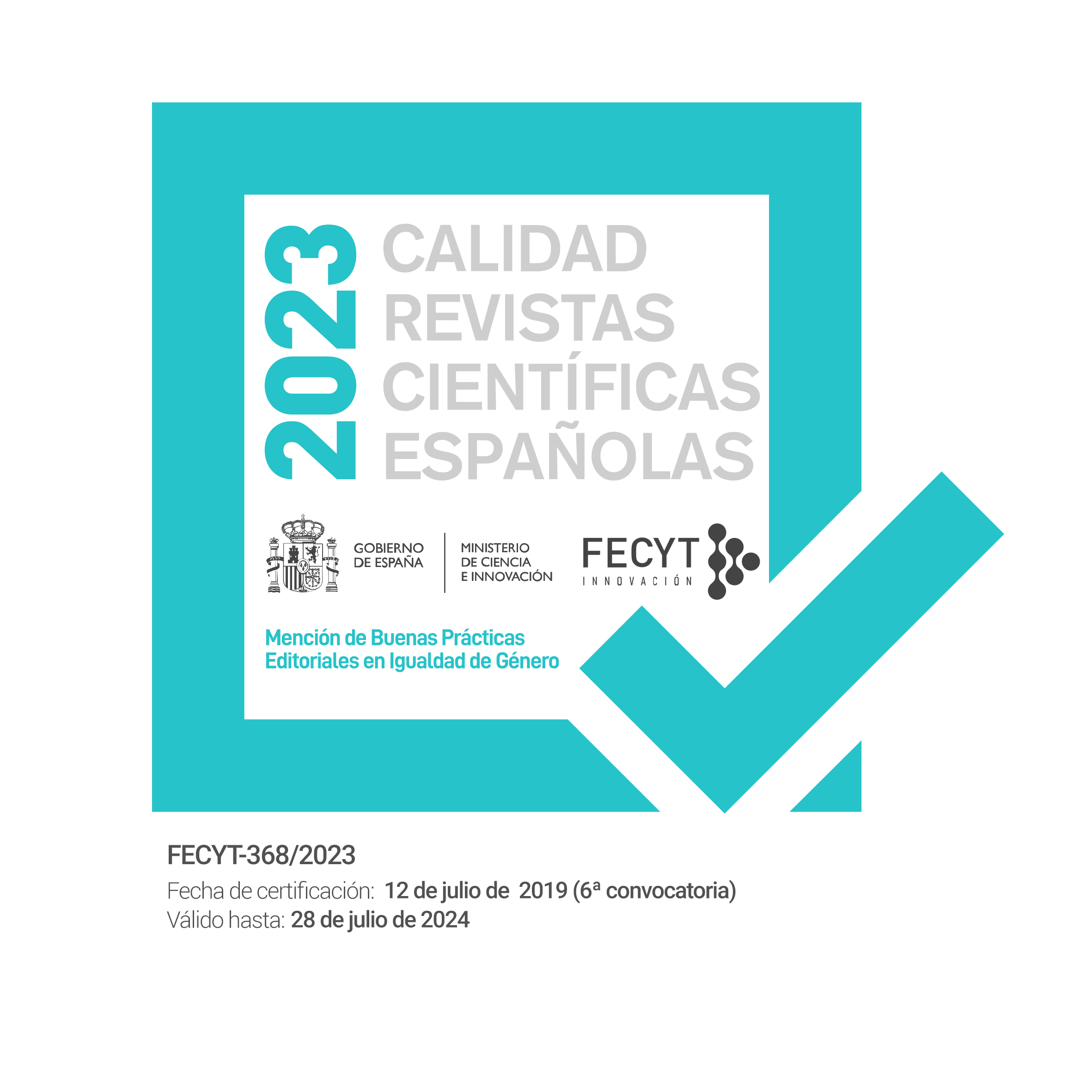"Will you to my discourse vouchsafe an eare?" : women dramatists' negotiation of gender and genre on the public stage around 1700
DOI:
https://doi.org/10.18172/jes.86Abstract
Despite the growing influence of women in the theatrical world during the late seventeenth- and early eighteenth-century, women dramatists working for the public stage were accused of lascivious behaviour, as a result of the public setting of the playhouse in which their self-expression could be heard. In their tragedies The Royal Mischief (1696), The Fatal Friendship (1698) and Antiochus the Great; or, The Final Relapse (1701) the female dramatists Mary Delarivier Manley, Catherine Trotter and Jane Wiseman negotiated female utterance in several ways. Moreover, these women dramatists' legitimisation of woman's public voice and their own public theatrical voices was accompanied by their revision of tragic generic conventions concerning error, closure, transgression and transcendence. In these respects these women playwrights contributed to processes of cultural transformation with regard to gender and genre.Downloads
References
Allestree, R. 1985 (1673). “The Ladies Calling”. The Whole Duty of a Woman: Female Writers in Seventeenth-Century England. Ed. A. Goreau. New York: Dial Press. 43-46.
Avery, E. L., ed. 1960. The London Stage, 1660-1800; A Calendar of Plays. Part 2: 1700-1729. Carbondale: Southern Illinois University Press.
Ballaster, R. 1996. “The First Female Dramatists”. Women and Literature in Britain, 1500-1700. Ed. H. Wilcox. Cambridge: Cambridge University Press. 267-90.
Behn, A. 1677. Abdelazer, or The Moor’s Revenge, a Tragedy as it is Acted at his Royal Highness the Duke’s Theatre. London: printed for J. Mayne and R. Bentley.
Bevis, Richard W. 1988. English Drama: 1660-1789. New York: Longman.
Brathwaite, Richard. 1641 (1631). The English gentlewoman. The English gentleman and The English gentlewoman Both in One Volume Couched. The 3rd edition. London: John Dawson.
Braun, B. 1995. Restoration Actresses during the Reign of Charles II. Trier: Wissenschadtlicher Verlag Trier.
Cavendish, M. 1662. The Unnatural Tragedy. Playes; Written by the Thrice Noble, Illustrious, and Excellent princess the Lady Marchioness of Newcastle. London: A. Warren for John Martyn, James Allestry, and Tho. Dicas.
Clark, C. 1986. Three Augustan Women Playwrights. American University Studies. New York: Peter Lang.
Codrington, R. 1985 (1694). “The Ladies Dictionary”. The Whole Duty of a Woman: Female Writers in Seventeenth-Century England. Ed. A. Goreau. New York: Dial Press. 40-43.
Dryden, John. 1670. Tyrannick Love; or the Royal Martyr, a Tragedy, as it is Acted by his Majesties Servants, at the Theatre Royal. London: H. Herringman.
Ford, J. 1985 (1633). ‘Tis Pity She’s a Whore. 1985. Ed. K. Sturgess. London: Penguin.
Frank, M. 2003. Gender, Theatre, and the Origins of Criticism. Cambridge: Cambridge University Press.
Howe, E. 1992. The First English Actresses: Women and Drama, 1660-1700. Cambridge: Cambridge University Press.
Kelley, A. 2002. Catharine Trotter: An Early Modern Writer in the Vanguard of Feminism. Aldershot: Ashgate.
Lee, N. 1970 (1677). The Rival Queens. Ed. P. F.Vernon. London: Edward Arnold.
Lee, N. 1681. Lucius Junius Brutus. London: R. and J. Tonson.
Manley, M. D. 1696. The Royal Mischief, a Tragedy. London.
Milhous, J., and R. Hume, eds. 1977 (1671). Elizabeth Polwhele, The Frolicks, or The Lawyer Cheated. Ithaca: Cornell University Press.
Nicholl, A. 1992. History of English Drama 1660-1700. Vol 1. Cambridge: Cambridge University Press.
Pearson, J. 1988. The Prostituted Muse: Images of Women and Women Dramatists. Brighton: Harvester.
Polwhele, E. C. 1670. The Faithful Virgins. MS. Rawls Poet. 195. Ff. 49-78. The Bodleian Library.
Prior, M. 1698 (1684). “Satyr on the Modern Translators”. Pecuniæ obediunt omnia. Money masters all things: or, satyrical poems, shewing the power and influence of money over all men. London. 117-22.
Straznicky, M. 1997. “Restoration Women Playwrights and the Limits of Professionalism”. English Literary History 64: 703-26.
Trotter, C. 1698. The Fatal Friendship, a Tragedy. London.
Wharton, A. 1688. Love’s Martyr; or, Witt above Crowns. British Library: Add. MS 28, 693.
Wiseman, J. 1701. Antiochus the Great; or, The Final Relapse. London.
Downloads
Published
How to Cite
Issue
Section
License
The authors retain copyright of articles and authorize Journal of English Studies the first publication. They are free to share, redistribute, and/or reprint the article without obtaining permission from the publisher as long as they give appropriate credit to the editor and the journal.
Self-archiving is allowed too. In fact, it is recommendable to deposit a PDF version of the paper in academic and/or institutional repositories.
It is recommended to include the DOI number.
This journal is licensed under a Creative Commons Attribution 4.0 International License










